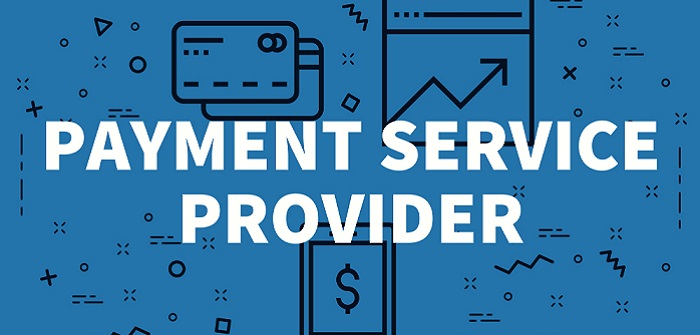The use of AI-powered content moderation via airis:protect can be a crucial protection mechanism for companies whose business model is threatened by payment service providers (PSPs) – especially in industries with potentially sensitive, regulatory-critical or morally controversial content (e.g. erotica, gambling, CBD or political content).
airis:protect provides a structured explanation of how AI-based content moderation can specifically protect against shutdown by PSPs:
First of all, the question : Why is there a threat of shutdown by payment service providers? Well, payment service providers like PayPal, Stripe or Visa/MasterCard have clear guidelines regarding:
- Illegal or questionable content (e.g., violence, hate speech, pornography)
- Violation of Terms of Use, or
- Reputational risks (brand safety)
Violating these guidelines often results in:
- Payment stop
- frozen funds
- Account Suspension
- Loss of the ability to accept credit cards
And that, in turn, can put an entire business in trouble and should be avoided at all costs. What role does AI-supported content moderation play in this context?
AI systems such as the one from airis:protect can automatically analyze and classify content before it goes online or is regularly checked in operation. This proactively prevents PSP policies from being violated. The resulting advantages are obvious:
- Early detection of risky content
- Automated screening of large amounts of data (e.g. texts, images, videos, user comments)
- Compliance with WBS policies through rule-based or ML-based filters
- Transparent documentation of the moderation processes in the event of queries by PSPs
It therefore makes sense to push the use of such systems and to deal with the technical implementation . A typical AI-based content moderation includes:
- NLP models, which are used to detect toxic language, hate speech, fake news or NSFW texts.
- Computer vision, the analysis of images/videos for nudity, violence, logos, symbols, and the like
- Audio analysis, review of spoken content for podcasts, streams
- Custom Rule Engines, is the implementation of PSP-specific requirements
- Feedback systems are learning systems through manual reviews and user feedback
Now it would be necessary to examine which specific protective measures can be implemented by AI and what benefits this will bring to PSP compliance. This includes content review before publication, so that no risky content gets online. Automatic tagging of problematic content leads to clear categorization for human reviewers. An escalation system for borderline content, where critical cases are manually reviewed. There are also customizable filter rules per PSP, which make different policies implementable depending on the PSP. Last but not least, audit logs and reports are available as proof in the event of disputes or PSP audits.
It would be suitable for customers from the segments such as e.g.
- Erotic platform uses CV to distinguish pornographic material from artistic nudes – AI ensures that only legal content is processed by PSP.
- User-Generated Content Platform (UGC) uses NLP to filter extremist language to comply with PSP requirements.
- E-commerce for CBD products automatically analyzes text and product descriptions for health-related claims that PSPs view critically.
As with many services, there are of course limits and risks. These include, among others:
- False positives: Filters that are too aggressive can block legitimate content.
- False negatives: Bad models don’t reliably detect critical content.
- Rule changes for PSPs require constant adjustments.
- Transparency obligation towards users vs. PSP protection
It can be said that content moderation via AI, such as from airis:protect or Amazon, Meta, Microsoft, in the targeted use of AI for content moderation, is a strategic building block to secure the business relationship with payment service providers. It provides scalable protection against policy violations, increases reputational security, and reduces manual moderation costs – but is not a substitute for a good legal understanding of PSP requirements.
For a better and complementary overview, here is a checklist for AI content moderation to comply with PSP guidelines:
1. Basic analysis: Understanding PSP policies
2. Technical implementation: AI-supported moderation
3. Workflow and escalation systems
4. Custom Rules & PSP-Specific Filters
5. Monitoring & Reporting
6. Human-in-the-Loop & Continuous Training
7. Legal & Data Protection
8. Contingency plans for PSP problems
airis:protect protects your Business. Put it to work! [email protected]





